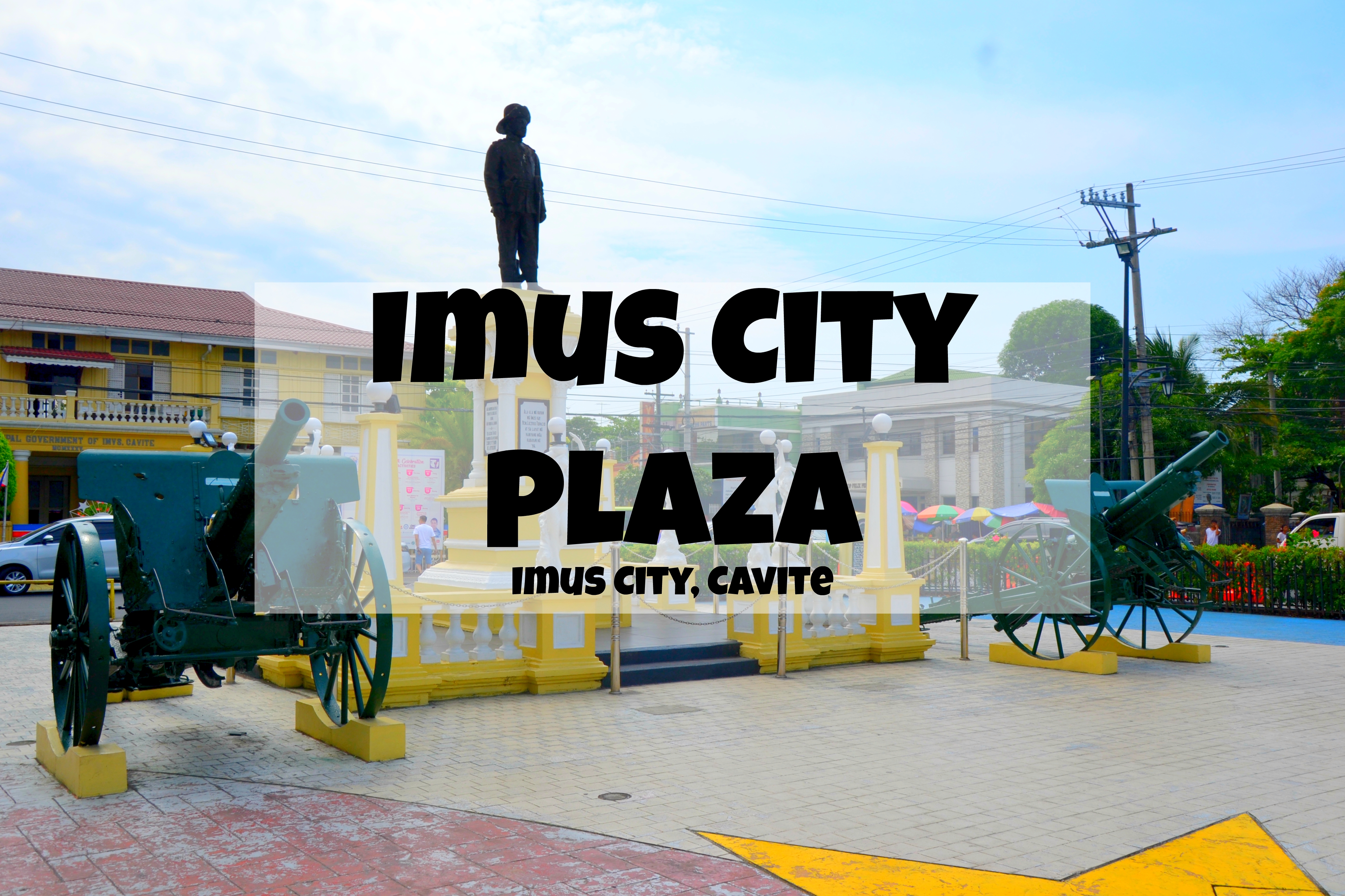Bifuka Sturgeon Museum (美深チョウザメ館) is a mini-aquarium / museum/breeding facility for one of the world’s most endangered species – the sturgeon. It is located at Monponai, in the town of Bifuka in Hokkaido Prefecture, Japan.
 |
| Bifuka Sturgeon Museum |
Bifuka Sturgeon Museum details
Established in 1997, the Bifuka Sturgeon Museum in the town of Bifuka serves as a unique breeding facility and aims to create awareness and interest in sturgeon among both locals and visitors. This museum not only provides the opportunity to observe sturgeon, often referred to as living fossils but is also renowned for its production of caviar, a highly esteemed delicacy.
 |
| Bifuka Sturgeon Museum - Bifuka town, Hokkaido Prefecture |
 |
| Live different species of sturgeon fish are housed in the museum |
Nestled in a picturesque natural setting, the Bifuka Sturgeon Museum resembles an elegant church and showcases diverse sturgeon species. It's important to note that these majestic creatures used to migrate upstream into the Teshio River, which runs through Bifuka, until the Meiji era. As part of a town-wide initiative, sturgeon farming was introduced to cultivate caviar.
 |
| Bifuka Sturgeon Museum facade |
 |
| チョウザメ館 |
 |
| Welcome to the Bifuka Sturgeon Museum |
 |
| A stuffed sturgeon can be seen near the entrance |
 |
| The floor map of the museum |
 |
| info board about the different sturgeons housed in the museum |
Visitors can appreciate exhibits featuring Japanese ito and cherry salmon within the museum's aquarium, which still inhabits the Teshio River. There are also captivating displays showcasing the aquaculture research institute at the back of the museum.
 |
| Fish food gatchapon. 1 pack = 100 yen |
For those eager to experience sturgeon cuisine, the exclusive opportunity can be found at Bifuka Onsen. Furthermore, caviar is only available to those who have made prior reservations at Bifuka Onsen. It's worth mentioning that sturgeon has historically been presented to emperors, highlighting its significance. The flesh of the sturgeon is rich in collagen, carnosine, protein, and DHA, all known for their antioxidant properties and their effectiveness in preventing lifestyle-related ailments, thereby contributing to a longer lifespan.
Pictures of the fish tanks of Bifuka Sturgeon Museum
 |
| Aside from sturgeon fish, there are also some rare fish housed in the museum |
In terms of taste, sturgeon delights the palate with its delicate and subtle flavor, reminiscent of the sweetness of sea bream combined with the smooth texture of puffer fish.
Team Nicerio visits the Bifuka Sturgeon Museum
My family and I visited the Bifuka Sturgeon Museum for the first time last September 24, 2022, the first day of our September 24-25 Road Trip. It was my 327th day in Japan as an ALT under the JET Programme. As a former fish breeder, I am not only fond of aquatic creatures but am also interested to know more about unique species of fish. The sturgeon fish is one of them. That’s why, I made sure to include the Bifuka Sturgeon Museum in our itinerary.
Overall, it was worth visiting. Although it’s a small facility, it still provides much information about the sturgeon fish. We also enjoyed the interactive tanks and feeding the fish.
Bifuka Sturgeon Museum Fees
It’s FREE to enter and explore the Bifuka Sturgeon Museum. However, if you want to try the feeding activity, you should buy 100-yen food packs in the gatchapon machine.
Bifuka Sturgeon Museum Operating Hours
Bifuka Sturgeon Museum is open from 9 AM to 5 PM. However, it is closed every Monday unless it is a holiday.
Why visit the Bifuka Sturgeon Museum?
If you want to learn more about one of the world’s rare fishes, visit the Bifuka Sturgeon Museum. It’s a nice place to bring your children along. Not only is the entrance free but there is also a feeding activity that you and your children would enjoy.
Getting to Bifuka Sturgeon Museum
The most convenient way to reach Bifuka Sturgeon Museum is by private vehicle, providing the flexibility to explore both the roadside station and nearby attractions without the constraints of bus schedules.
For those relying on public transportation to reach Bifuka Sturgeon Museum, the following steps can be followed:
1. Begin your journey at Asahikawa Roadside Station and board the Rapid Nayoro train on the Soya Line.
2. Alight at Nayoro Station and proceed to the Nayoro Station bus stop.
3. Take the Onnenai Sen route of the Meishi Bus from Nayoro Station and disembark at the Bifuka Onsen Mae bus stop.
4. From there, it's a short walk of approximately 120 meters to reach Bifuka Sturgeon Museum.
Travel time: 2 hours and 57 minutes
Fare: 2,540 yen
Ratings
 |
| Crowd |
 |
| Cleanliness |
 |
| Overall rating |




































Do they sell caviar there?
ReplyDeleteYou can buy caviar at the nearby Bifuka Roadside Station. However, it's limited.
Delete